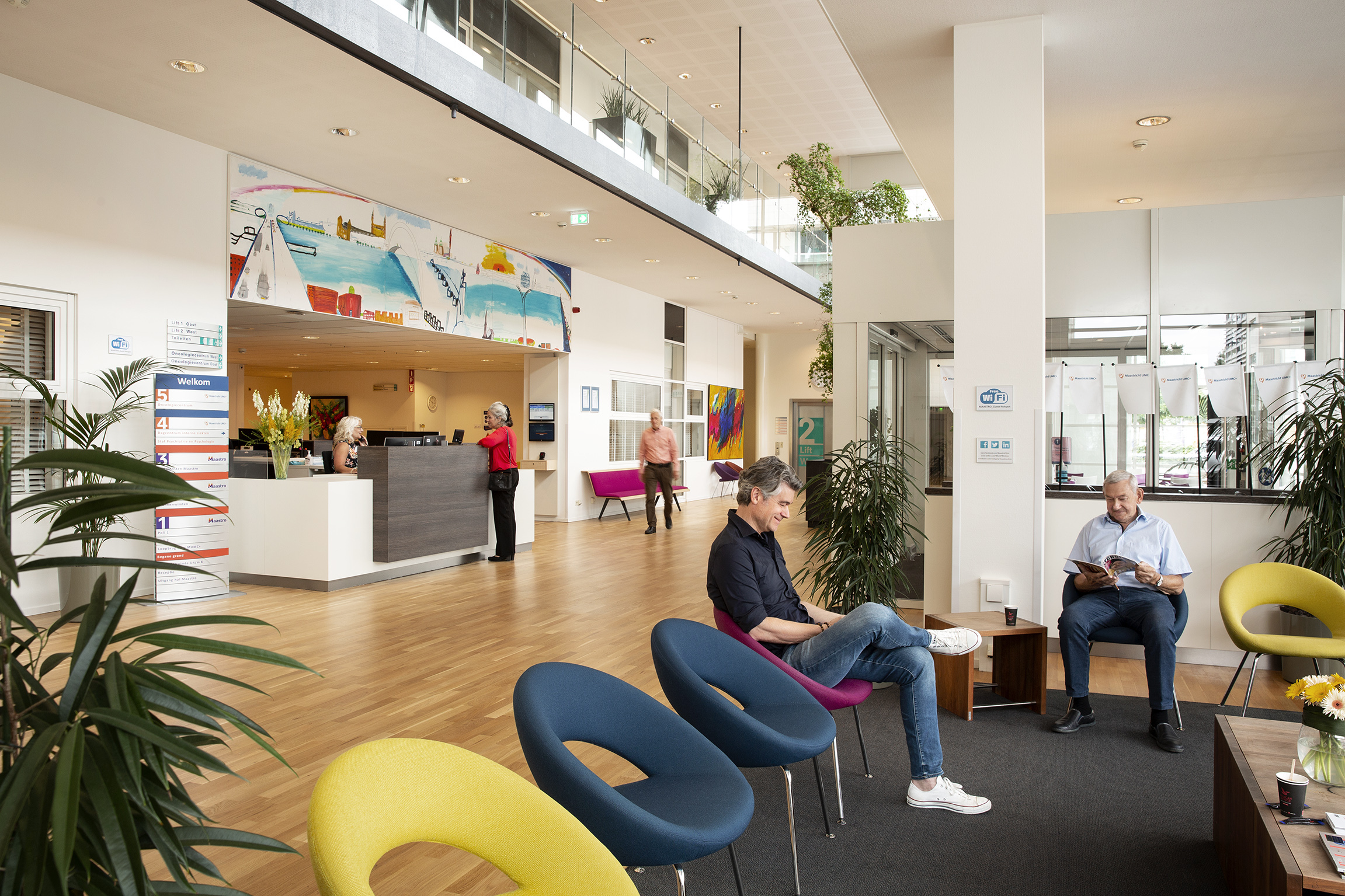10 dec 2020
|
Gezondheid
Bacteria innovation delivers hope for cancer patients
Based at the Maastricht Life Science Campus the company Exomnis Biotech has shown in a groundbreaking project how bacteria spores can be the ideal means of delivering targeted medicines to tumours.
Immunotherapeutic strategies have emerged in recent years as powerful tools that can help to identify and combat cancerous tumours. “Immunotherapies work by guiding the immune system to recognise and attack cancer cells,” explains Alexandra Kubiak, Chief Scientist at Exomnis Biotech, in the Netherlands. “Immunotherapies make the tumour more ‘visible’ for the immune system, you can think of this as ‘pushing the accelerator’ or can make the activities of immune cells more effective.” Despite the success of this approach, a number of challenges remain. Immunotherapies are injected, and sometimes as little as 10 % of the dose reaches the tumour. In addition, interaction with healthy tissue can cause side effects, forcing treatments to be stopped.
“We recognised that producing immunotherapeutics within the tumour would reduce side effects, and increase the concentration of biotherapeutics,” says Sebastiaan Huntjens, CEO of Exomnis Biotech. “This would also mean less waste, decreased side effects and greater cost efficiencies, potentially enabling more patients to be treated.”
IMPROVING DRUG DELIVERY
The objective of Exomnis is therefore not to create new immunotherapies, but rather improve the delivery of existing drugs. The companies focus is on a specific strain of genetically modified Clostridium bacteria. “This strain can uniquely form spores,” adds Kubiak. “A good analogy is to think of a plant seed. The seed doesn’t do anything – it has no metabolism and cannot grow, unless it is in the right environment.” In the same way, the Clostridium spore is inert, and cannot be activated unless it finds its ideal environment – free of oxygen, within necrotic tissue. In other words, the bacterial spore will only become active in the tumour, and nowhere else in the body. This makes it a potentially excellent delivery vehicle for targeted medicines, from ‘inside out’ rather than from the traditional ‘outside in’.
The next step was to engineer a strain of the bacteria capable of secreting immunotherapeutic drugs. Using the CrisprCas9 technique the Exomnis team demonstrated in the lab that this could be achieved, and that this activity had a positive effect on the growth of immune cells. “The idea is that once spores infiltrate the tumour, they can be stimulated to continually produce agents like antibodies until all cancer cells are destroyed,” notes Huntjens. “The bacteria will be removed spontaneously once the treatment is completed, as the environment necessary to their survival will no longer exist. In case of any side effects they can be safely removed with antibiotics.”
NEW VIEWS ON BACTERIA
For the commercial feasibility of this approach Exomnis Biotech sees huge potential, with medicines stored in dormant spores at room temperature. “There is also the possibility of using spores to deliver 24/7 several immunotherapeutic drugs at the same time,” Dr. Kubiak explains. The company has now started large animal and toxicology studies. Production will also need to be scaled up. “We want to be pioneers in this field,” says Huntjens. “We have shown that this concept of ‘living medicine’ works”, The success of this Clostridium bacteria project represents a paradigm shift in how the use of bacteria in cancer treatment is viewed. This reappraisal also taps into growing understanding of the beneficial role that bacteria play in terms of general health., and this could not have been achieved without the use of techniques such as CrisprCas9.
COVID-19 and our Clostridium chassis
Also we at Exomnis have been following the developments of vaccines against COVID19, and we see the difficulty of storing the vaccines in low temperatures and the logistic nightmare of traditional vaccination by injections. Our main focus has always been to develop our modified Clostridium spore for intravenous use as chassis to deliver therapeutics to a tumour. However, in the last two months we have also succeeded in building a Clostridium spore that – once activated – can produce the COVID-19 vaccine. With this breakthrough we are now working towards ‘oral vaccination’ by digesting a pill containing our modified Clostridium spores, deploying it in the bowel and become active there, producing the active vaccine through the intestinal permeability.
Thus, enabling distribution of a vaccine to people harmless at room temperature and with oral administration.












